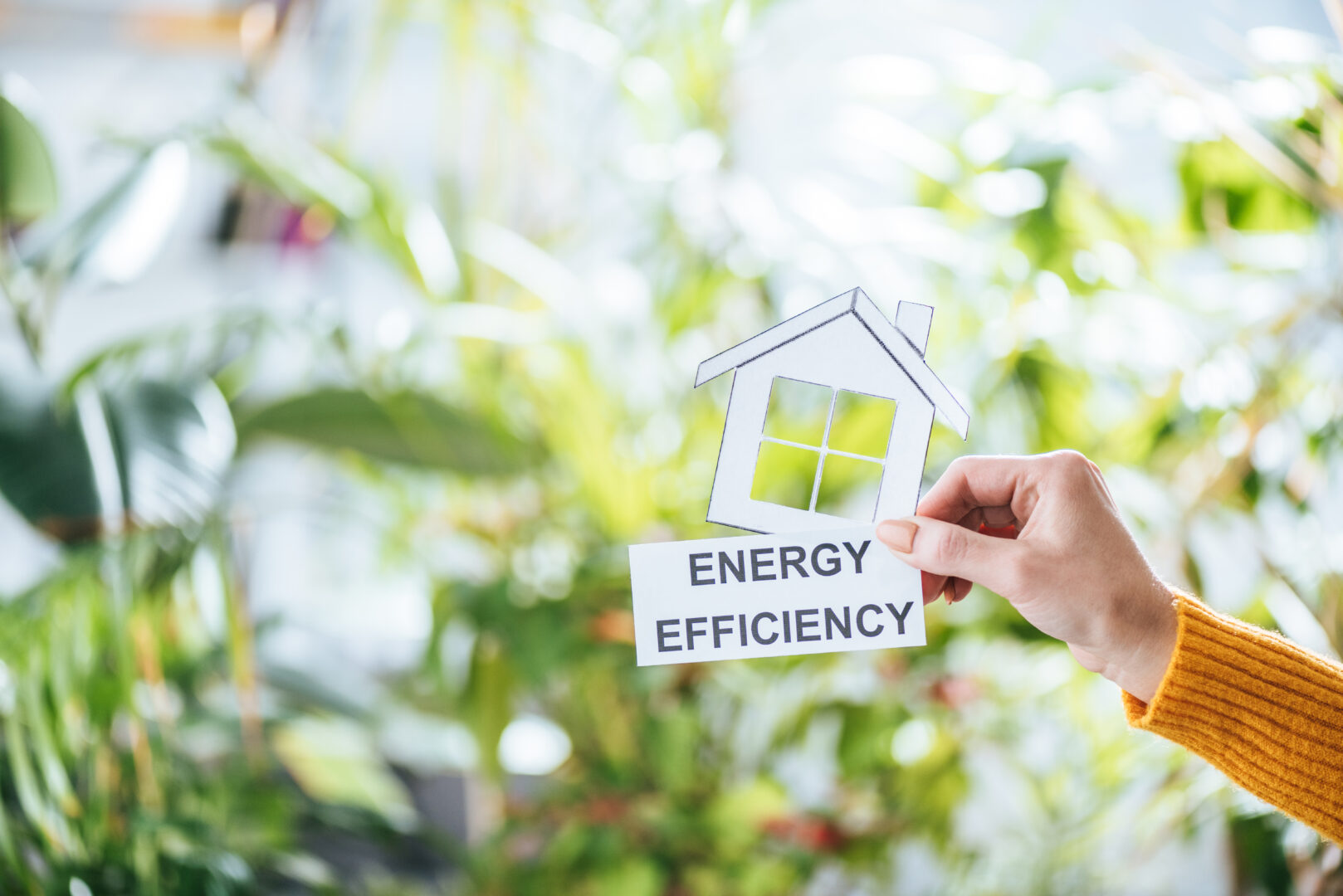Comfort. Energy Expenses. Safety. Value

The Role of HVAC Systems in Building Sustainability and Energy Efficiency
Posted by: jlbworks
Posted on: June 1, 2023
Residential cooling accounts for approximately 16 percent of the country’s electricity consumption, and commercial cooling accounts for roughly 12 percent.
When you live or run a business in a hot and humid climate like Nashville, it’s easy to see your building’s electricity bill rise along with the outdoor temperatures. The good news is that the right HVAC system can also positively impact your energy usage and sustainability efforts.
Learn more about the role of HVAC systems in building sustainability and energy efficiency below.
Breakdown of HVAC Systems
To heat your home, an HVAC system requires four primary components:
- Gas or Fuel Valve: Provide fuel that’s burned to create heat.
- Heat Exchanger: Heats cool air that enters through the system so it can be circulated throughout the building.
- Blower: Pushes warm air into the ductwork so residents can feel it.
- Air Filter: Pulls out dust, dirt, and allergens to improve indoor air quality.
To cool your home, it relies on these four elements:
- Compressor: Uses a motor and pump to turn liquid refrigerant into a high-pressure gas, which is pumped through the system to transport heat.
- Condenser: Allows gas to release heat collected inside the building. It also turns refrigerant gas into liquid when heat is pushed out of the building’s exterior air conditioning unit.
- Expansion Valve: Changes the liquid’s pressure from high to low.
- Evaporator: Passes refrigerant through a coil where the warm air blows over it, causing the air to lose heat and humidity.
These parts also require a thermostat to control them and ductwork to transport warm or cool air throughout the building.
How HVAC Systems Impact Sustainability in Buildings
If your HVAC unit isn’t working correctly, you might pay more for heating or air conditioning because the system uses more energy. An inefficient HVAC system also affects the environment and your building’s sustainability efforts in the following ways:
- HVAC systems contribute to greenhouse gas (GHG) emissions directly and indirectly. One report shows that incorrect HVAC system use contributes to up to 50 percent of energy overconsumption.
- With more energy-efficient designs, HVAC systems can reduce overconsumption and decrease GHG emissions, turning buildings into net-zero energy structures.
- HVAC systems can also contribute (positively and negatively) to indoor air quality in buildings and homes.
- With the help of high-efficiency particulate air (HEPA) filters and UV LED lights, it’s easier to reduce the spread of germs, allergens, and other harmful particles in buildings.
- Using air filters for healthier buildings can also increase energy efficiency by helping systems run more efficiently, reducing energy consumption and ventilation load.
The bottom line is that HVAC systems can either help or hurt your sustainability efforts.
When you commit to using energy-efficient, sustainable HVAC systems and prioritize regular filter changes and routine maintenance, you can feel more confident that you’re making positive changes that benefit the environment.
Improving HVAC Energy Efficiency
Many modern HVAC systems are specifically designed to increase energy efficiency. The following are some specific changes and improvements to be aware of:
- Variable-speed motors on fans and pumps can reduce energy and maximize comfort.
- Chilled beam systems and heat recovery ventilators can reduce costs and increase the efficiency of your building’s net-zero water system.
- An Energy Management System (EMS) can optimize a building’s energy usage by sensing when it’s most needed and adjusting accordingly.
- Solar heating and cooling systems absorb the sun’s rays, converting them into heat or electricity.
- Geothermal heat pumps use the temperature difference between the air and the ground to pump hot or cold water through pipes and transfer heat energy to or from the building.
- Air source heat pumps use the temperature difference between outside and inside air to move heat energy from one place to another.
Talk to an HVAC professional for help selecting the most energy-efficient and cost-effective options for your building.
Contact C&M Heating and Cooling in Franklin, TN
HVAC systems can have significant impacts on buildings’ sustainability and energy efficiency. Do you want to learn more about eco-friendly options for your property? If so, we can help at C&M Heating and Cooling.
Contact us today to learn more or schedule an appointment.
